NIDDK
-

Improving therapies for GI tumors
A signaling protein overexpressed in upper gastrointestinal cancers is an attractive therapeutic target. Read MoreFeb 20, 2017
-
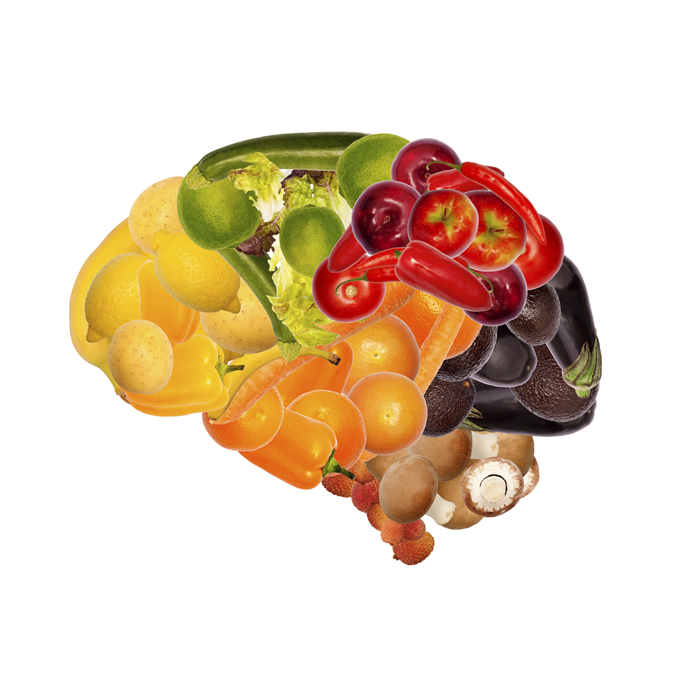
Dementia linked to diet
Some memory deficits observed in Alzheimer’s disease may be due to co-morbid illnesses – not the disease itself – and may be reversed by lifestyle changes or pharmacologic interventions. Read MoreFeb 7, 2017
-
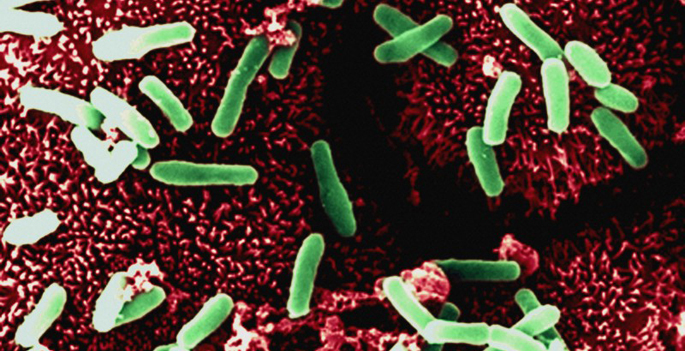
New target for chronic infection
An enzyme in macrophage immune cells may be a good target for treating chronic infections, Vanderbilt researchers have discovered. Read MoreFeb 2, 2017
-

Flu vaccine response in older adults
High dose flu vaccine boosts the immune response in older adults by increasing activation of certain immune cells. Read MoreJan 25, 2017
-
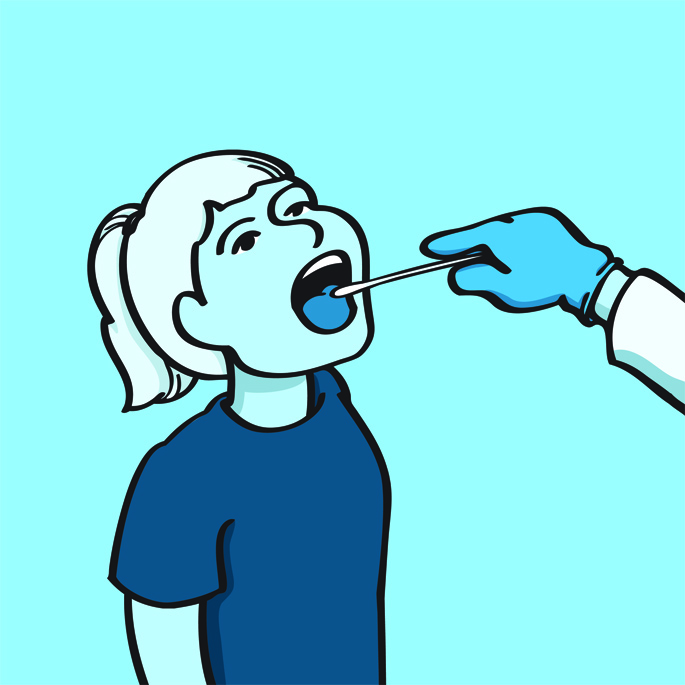
Saliva test for obesity risk
“Epigenetic signatures” in DNA may present an opportunity for prevention of or early intervention in childhood obesity. Read MoreJan 24, 2017
-

Digestive Disease Research Center lands major grant
The Vanderbilt Digestive Disease Research Center (VDDRC) celebrates its 15th anniversary this year with a third consecutive five-year renewal of its federal research grant. Read MoreJan 19, 2017
-
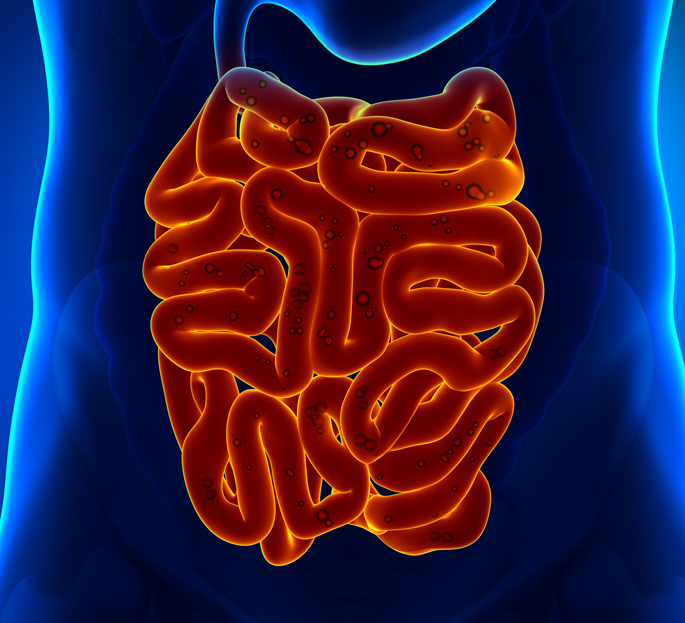
Midgut neuroendocrine tumor prognosis
Vanderbilt investigators recommend that the presence of tumor deposits in the abdomen be included when staging midgut neuroendocrine tumors. Read MoreJan 6, 2017
-

Protecting the blood-brain barrier
Vanderbilt investigators have discovered how a promising cancer immunotherapy causes brain swelling, findings that could lead to ways to protect brain function while fighting cancers. Read MoreDec 9, 2016
-

Making human beta cells reproduce
A new method developed at Vanderbilt will speed the search for potential therapeutics for diabetes: compounds that stimulate the replication of insulin-producing beta cells. Read MoreDec 8, 2016
-

Plasmin prevents muscle ‘hardening’ after injury: study
Vanderbilt researchers have made the surprising discovery that the protease plasmin, known for its clot-busting role in the blood, protects soft tissue from turning to bone after severe injuries and certain orthopaedic surgeries. Read MoreDec 8, 2016
-

Building the basement membrane
Vanderbilt researchers have discovered steps in the regulation of a key enzyme that builds the basement membrane, a structure that undergirds nearly all animal tissues. Read MoreNov 21, 2016
-
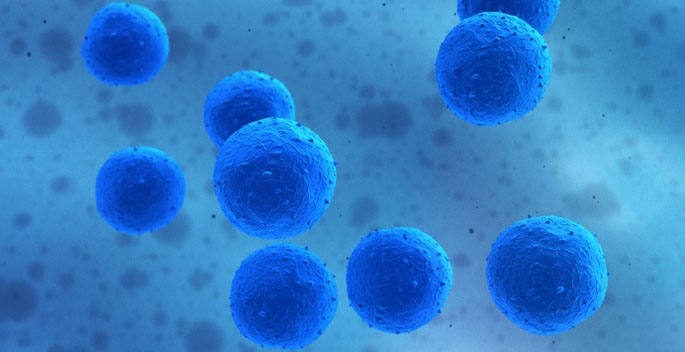
Stem cells promote tolerance
Blood-forming stem cells play a role in immune tolerance and acceptance of organ transplants, Vanderbilt researchers have discovered. Read MoreNov 17, 2016
-

Study tracks diabetes management via text messaging
The REACH study is offering Vanderbilt University Medical Center (VUMC) primary care patients with type 2 diabetes an opportunity to more easily track medication adherence, monitor A1C results, and make healthy lifestyle choices via text messaging. Read MoreNov 10, 2016
-

A DARPP role in gastric cancer
Vanderbilt researchers have discovered a link between Helicobacter pylori infection, inflammation and gastric cancer that could suggest new anti-cancer therapies. Read MoreNov 3, 2016
-
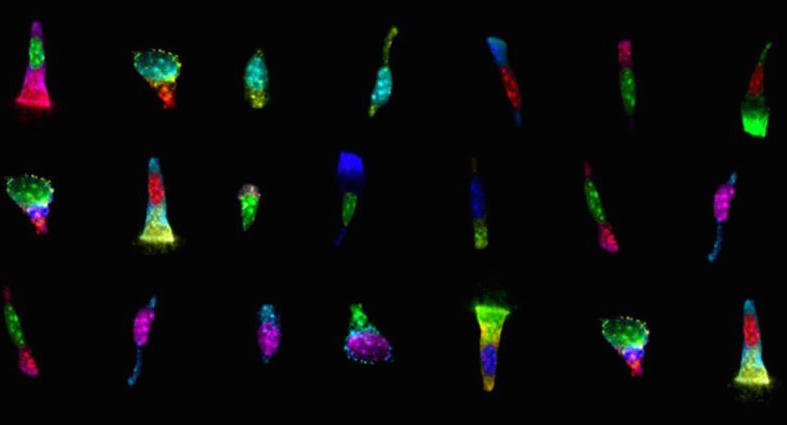
Single-cell study of tumor samples
A new method for analyzing cells in fixed biopsy tissues from patients by guide personalized treatment strategies for cancer. Read MoreOct 26, 2016
-

Motoring to the tips of the brush border
New findings implicate a motor protein in the assembly of the brush border in the intestines and kidneys – a specialized surface that is critical for healthy organ function. Read MoreOct 6, 2016
-

Targeting norovirus “noxiousness”
New discoveries will guide efforts to develop vaccines or antiviral agents for norovirus, the most common cause of infectious diarrhea. Read MoreSep 28, 2016
-

Study shows excess dietary zinc worsens C. diff infection
Too much dietary zinc increases susceptibility to infection by Clostridium difficile — “C. diff” — the most common cause of hospital-acquired infections. Read MoreSep 26, 2016
-
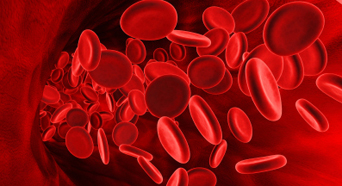
Restore T cells to fight leukemia
Modulation of T cell metabolism thus may represent a new therapeutic avenue for leukemia patients. Read MoreSep 14, 2016
-

Proliferative capacity of neuroblastoma
The sphere-forming frequency of neuroblastoma cells is a measure of their proliferative capacity and could help guide treatment strategies for neuroblastoma. Read MoreAug 31, 2016